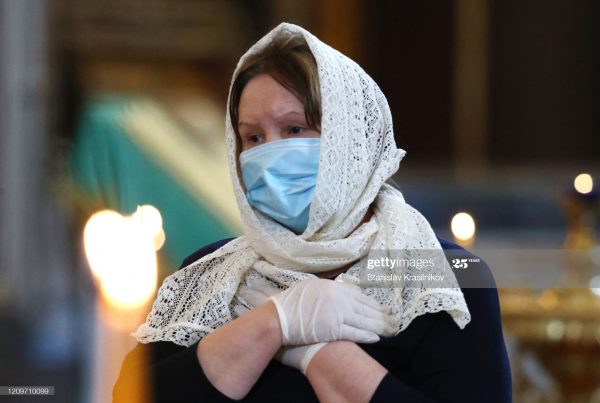By now everyone is writing about surviving the coronavirus. I’ve thought about sending forth another column about the way this pandemic has affected us inwardly, but since everyone else is writing about it, perhaps I’ll go in a different direction. Related but different, because when it comes to these columns, I usually want to write about overarching concerns, about the larger picture than the stuff we focus on in a daily manner.
In that mode, I was thinking about virtue again. The word comes from Latin and meant originally “manliness,” but in the broad sense of courage, strength, and character. In Greek it has that latter meaning, primarily: it is a note of character.
When you expand the concept, you find that seven qualities have been recognized down through the ages as virtues: three “theological” virtues are faith, hope, and love. They are so called because they rest on a different basis from our common humanity. In traditional understanding, they are inspired in us by God and they relate us to God. Faith is the basic relationship, essentially, and through it we develop hope as confidence in God. The New Testament says the latter quite simply: “we love because God first loved us” (I John 4:19).
Four other virtues are called “cardinal” (after the Latin word for a hinge, because they are pivotal to our wellbeing and humanity: patience, prudence, temperance, and fortitude. We inherit these “hinge” values, on one hand, from our heritage in both Greek philosophy with Plato, who wrote about them in The Republic; and through the Biblical witness up through such figures as Augustine and Ambrose, on the other. The Stoic philosopher and Roman emperor Marcus Aurelius wrote about them in his Meditations, a book that seems never to go out of print and is popular again in our time. These virtues also relate to Aristotle’s call to seek moderation in all things.
Prudence is the ability to carve a path of action appropriate to the demands of the situation at hand. It means not overreacting and not underreacting; there’s that balance.
Temperance means restraint in a situation, self-control, not flying off the handle but approaching a problem in a timely and useful manner.
Courage is the ability to stare down our fears and uncertainties, to confront situations which might be scary or so different as to be upsetting. On the other hand, courage assesses the situation and knows when to disappear.
Justice is not exactly fairness, but it usually includes that quality to our behavior and thought. Justice requires action; it is not a passive virtue. For the Greek philosophers, justice meant to find the middle ground between giving up your personal space and grabbing too much personal space. Doing justice enables us to retain a self without being selfish or self-effacing; more importantly, it means that we enable others to live in the same personal space.
Sometimes humility and patience are added to the list for good measure, but these seven are the customary ones you find.
It doesn’t take much work to grasp that we need to call upon these virtues in this time, because of the difficult and demanding circumstances this virus has put us in. Shut up in our homes we can become self-centered, lose our bearings and the delicate balance in behavior that most of us achieve in good times. It helps me, at least, to reflect on the virtues and to ask myself where I am losing them or where I need to affirm them in order to adjust and live with others, family and friends and neighbors, in this crazy time.

















